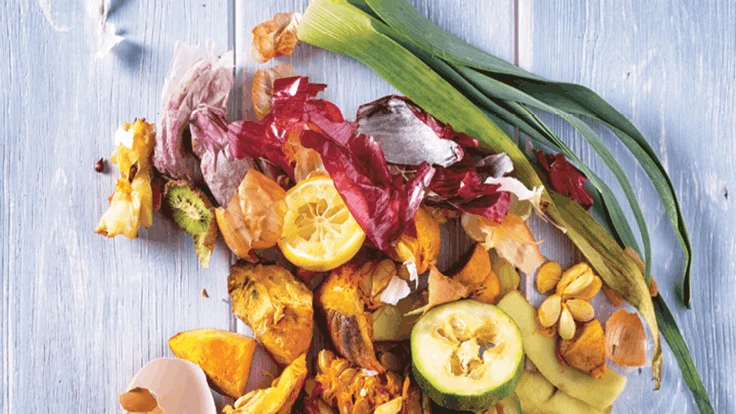
In an effort to divert the dozens of tons of brown waste entering the Los Reales Landfill each day, the city of Tucson, Arizona, has opened a new compost facility.
"The City of Tucson throws away a lot of perishable food scraps and things that could be composted," Compost Cats Student Compost Technician, Daniel Collazo, told KGUN9.
Now, those scraps can be sent to the city's new compost center. Eligible food items are ground down to soil and re-purposed throughout the community.
"That will be spread around and donated to community parks, gardens and local farmers. Things that are grown in compost are generally heartier. They are more resistant to pests," said Collazo.
The City of Tucson has also partnered with the University of Arizona (UA) to train businesses on the "dos and don'ts" of food composting. Collazo, a senior at the UA, is helping to lead the effort.
"If you can eat it, it should be okay. The three things we can't accept currently are large amounts of dairy, meat and oil," said Collazo.
The joint program—called FoodCycle—picks up food scraps from the city’s 22 participating businesses every Wednesday. In the coming weeks, the city plans to open applications to more.
"If you're a local business in town that is interested, we'll get you on our list and reach out to you. Once you've been approved for the program, we'll start training you and picking up your food scraps," said Kendra Hall with the City of Tucson Environmental and General Services Department.
In the future, the city hopes to make FoodCycle available to residents, as well.
Get curated news on YOUR industry.
Enter your email to receive our newsletters.
Latest from Waste Today
- Struggling with excess wood debris?
- More of what the world needs, less of what it doesn’t
- Gaeta Recycling: Driving efficiency and sustainability with SENNEBOGEN material handlers
- Enhance mobility using Sebright Products Portable Compactor Solutions
- Drive operational efficiency with Sebright Products Oil Filter Recycler
- Keep your drivers on the road with Sebright Products Container Dogs
- Casella Waste Systems acquires William Gerber Inc.
- California wildfire debris cleanup on track to be completed by mid-summer






